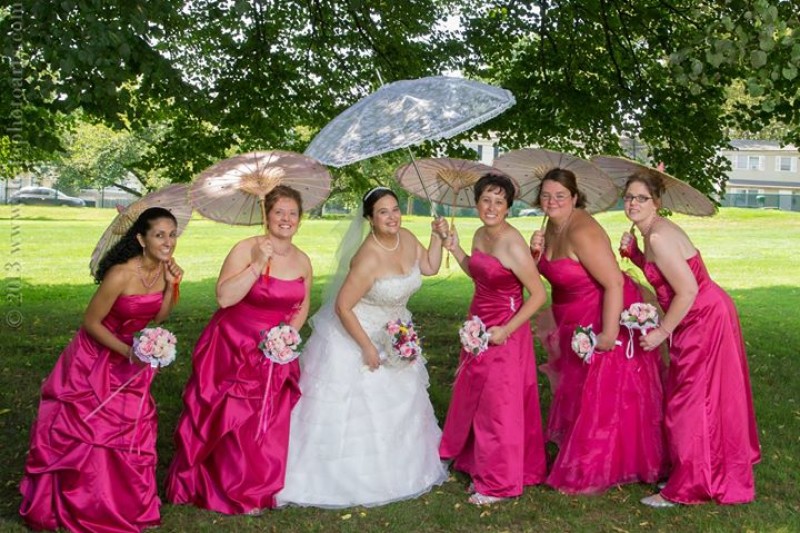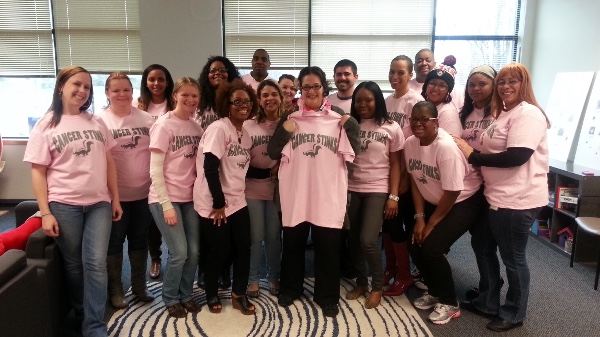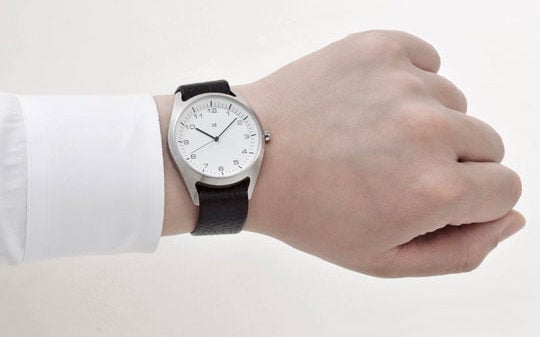 My parents loved musicals and our
home was filled with the scores of The Music Man, Oklahoma!, and How
to Succeed in Business Without Really Trying, piped through the stereo
speakers Dad had hooked up above the fireplace. In the world of the musical,
problems were solved in three acts with a liberal amount of lyrics. One of my
favorite songs was from South Pacific, the upbeat Nellie Forbush’s
rendition of “Cock-eyed Optimist.” Despite a war raging around her in the
Pacific theater of WWII, Nellie needed only a “canary yellow sky” to make the
world of war go away.
My parents loved musicals and our
home was filled with the scores of The Music Man, Oklahoma!, and How
to Succeed in Business Without Really Trying, piped through the stereo
speakers Dad had hooked up above the fireplace. In the world of the musical,
problems were solved in three acts with a liberal amount of lyrics. One of my
favorite songs was from South Pacific, the upbeat Nellie Forbush’s
rendition of “Cock-eyed Optimist.” Despite a war raging around her in the
Pacific theater of WWII, Nellie needed only a “canary yellow sky” to make the
world of war go away. I confess. Whether because of too
many endorphins coursing through my system or the results of those lyrics
burning into my brain, I am a cock-eyed optimist. I may get down about
depressing situations—like owing the IRS $3,000 last year—but it doesn’t take a
heck of a lot to make me put a positive spin on it and find my way out of a
funk. The years spent coping with Ron’s illnesses have taught me that there’s
just no sense being a gloomy Gus; worrying about the end of the world won’t
keep it from happening. And in all likelihood, when the world does end someone
will let me know.
I confess. Whether because of too
many endorphins coursing through my system or the results of those lyrics
burning into my brain, I am a cock-eyed optimist. I may get down about
depressing situations—like owing the IRS $3,000 last year—but it doesn’t take a
heck of a lot to make me put a positive spin on it and find my way out of a
funk. The years spent coping with Ron’s illnesses have taught me that there’s
just no sense being a gloomy Gus; worrying about the end of the world won’t
keep it from happening. And in all likelihood, when the world does end someone
will let me know.
Being a cock-eyed optimist means
that I approach the problems in my life—and I’ve got a couple—with an upbeat
attitude, the same upbeat attitude that used to annoy my grade partner Debbie
no end when I taught high school. She had, in fact, been known to incite the
seniors to riot against me. They even hid my coffee cup—although I only drink
tea—on the premise that my system couldn’t handle any more caffeine.
Studies from Psychology Today
indicate that more people fell into the pessimistic camp, imagining the
boogey-man around every corner and taking the necessary steps to protect themselves.
To each their own. Both attitudes are a way of coping with Shakespeare’ s
“slings and arrows of outrageous fortune.” While studies also conclude that
optimists make better leaders, there’s nothing wrong with preparing for the
worst unless you, say, sold all your possessions and fled to the hills before
Y2K.
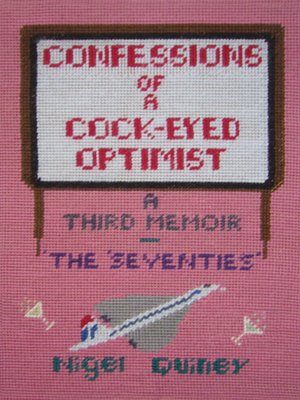 I’m pretty sure that I’ve always
been a optimist, whether because of the incessant lyrics of dear Nurse Nellie
or a hereditary propensity towards the positive. My father himself is of such a
cheerful nature that colleagues at Westinghouse Electric nicknamed him “Harvey
Smilingsdorf.” There’s just something in my genes that helped me survive Ron’s
accident and aftermath, that still lets me look ahead to a brighter future
despite being dog-tired. But it’s not just pie-in-the-sky, rose-colored
glasses, and out-of-touch-with-reality optimism. Hey, I KNOW the worst can
happen. I also know it can be survived.
I’m pretty sure that I’ve always
been a optimist, whether because of the incessant lyrics of dear Nurse Nellie
or a hereditary propensity towards the positive. My father himself is of such a
cheerful nature that colleagues at Westinghouse Electric nicknamed him “Harvey
Smilingsdorf.” There’s just something in my genes that helped me survive Ron’s
accident and aftermath, that still lets me look ahead to a brighter future
despite being dog-tired. But it’s not just pie-in-the-sky, rose-colored
glasses, and out-of-touch-with-reality optimism. Hey, I KNOW the worst can
happen. I also know it can be survived.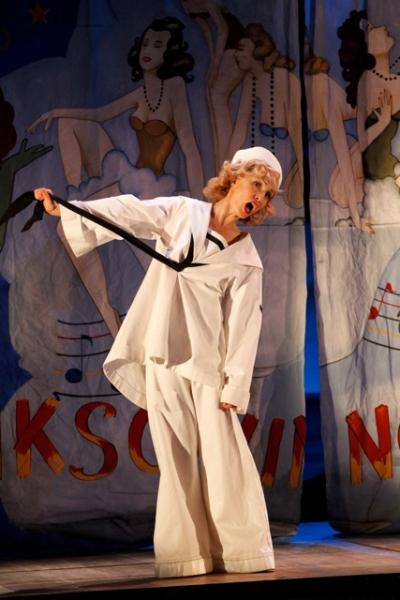 I’ll admit I got pretty tired of
well-meaning friends quoting Romans 8:28 when my husband was knocking at
death’s door. It took me a while—okay, years—to realize that bad things didn’t
happen to teach us a lesson, but that God could—if we let him—use those bad
things to move us along on our journey. More importantly, Joshua 1:9 promises
that God will be with us when we are on a battlefield or in the hospital.
Anywhere.
I’ll admit I got pretty tired of
well-meaning friends quoting Romans 8:28 when my husband was knocking at
death’s door. It took me a while—okay, years—to realize that bad things didn’t
happen to teach us a lesson, but that God could—if we let him—use those bad
things to move us along on our journey. More importantly, Joshua 1:9 promises
that God will be with us when we are on a battlefield or in the hospital.
Anywhere.
So, yeah, I see the glass as
half-full. Sometimes, I see it as positively brimming over. The canary-yellow
sky or a new skein of beautiful yarn or an idea for a story is enough to get my
endorphins moving. I know it can be annoying to those of you looking at a
half-empty glass. When my world almost ended in 2000, I spent some time in the
half-empty camp. Can’t say I cared for it much. It needed more Nellie
Forbushes.
So, whatever’s in your glass and
how you view it is up to you. Me, I’m sticking with my gal Nellie. Before she
breaks into the song that might have made me cock-eyed, she points out the
beautiful yellow sky to the charming Frenchman, Emil. He—obviously of the glass
half-empty camp—says that the little white clouds she so admires could well be
gun-fire. “I can’t let myself get that low,” says our brave girl in khaki.
I’m with you, Nellie. Sing it.





